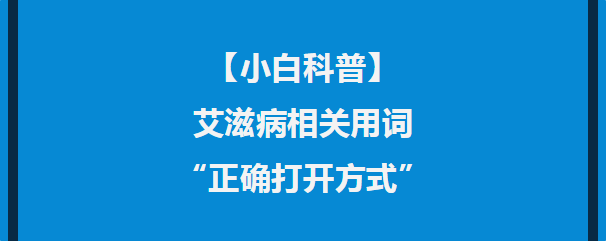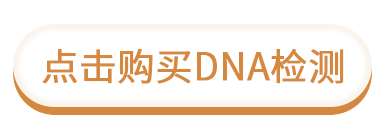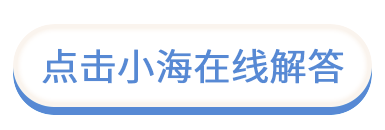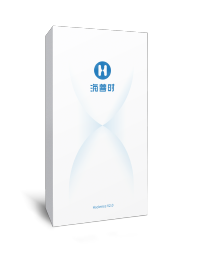
①
谨慎使用:艾滋病患者 ×艾滋病病人 ×
推荐使用:艾滋病感染者 √ 艾滋病病毒感染者 √
“艾滋病患者”和“艾滋病病人”的字样只应当被用来指那些已经到了艾滋病发病期的人,而并非艾滋病病毒感染者。
艾滋病病毒感染者如果正常服药,可以健康地生活,一般不会出现明显症状。如果不服药,或者长期服药后出现耐药,艾滋病病毒感染者才会进入发病期,到这一阶段才可以被称为艾滋病病人,才有可能出现各种症状。
在一般的报道中,最合适的叫法是“艾滋病感染者”或“艾滋病病毒感染者”。通过避免使用“患者”、“病人”等叫法,可以避免读者产生一旦感染艾滋病病毒就会立即出现症状和疾病的错误认识。
②
谨慎使用:受害者 ×
推荐使用:艾滋病感染者 √
“受害者”是一个十分消极的称呼,它会导致更多人认为艾滋病感染者无法积极地生活。更好的选择是“艾滋病感染者”或“艾滋病病毒感染者”,这一叫法能够更客观地描述艾滋病感染者的身份,从而避免产生任何价值判断。
③
谨慎使用:暗娼 × 小姐 ×失足妇女×
推荐使用:性工作者 √
“暗娼”、“小姐”、“失足妇女”等叫法都带有歧视或者价值判断的含义,并且会导致对于性工作者更严重的歧视和排斥。我们认为,性工作者和所有人一样应当享有选择自己工作的权利,不应当因为工作选择而受到歧视和侮辱性的对待。
与此同时,也不应当使用“嫖客”、“嫖娼”等叫法,最好使用“性服务购买者”。如果专指女性,可使用“女性性工作者”。
④
谨慎使用:静脉注射吸毒者 ×瘾君子 ×
推荐使用:注射吸毒者 √
注射吸毒不仅是静脉注射,也可以是皮下注射或肌内注射。因此,静脉注射是一个错误的叫法。“瘾君子“的叫法带有歧视和价值判断的含义。
Preferred Terminology
DON'T:
HIV/AIDS
DO:
People living with
HIV, HIV response, HIV prevention, national AIDS
programme, HIV epidemic and AIDS epidemic.
HIV/AIDS causes confusion and most people with HIV do not have AIDS.
DON'T:
high(er)- risk group
most at risk populations
DO:
key populations
young key populations
It is suggested that the risk is contained within the group (membership of groups does not place individuals at risk; behaviours may). The terminology of high-risk group creates a false sense of security. It increases stigma and discrimination against those groups.
DON'T:
end HIV, ending HIV,
the end of HIV, eliminate HIV.
DO:
ending the AIDS epidemic as a public health threat, ending the AIDS epidemic, end AIDS
Ending HIV is still not at achievable goal. We should avoid transference to people living with HIV.
DON'T:
Homosexuals
DO:
Lesbians and gay men
The terms lesbian and gay are neutral and positive and the focus is on the person’s identity rather than their sexuality. MSM (men having sex with men) includes not only men who self-identify as ‘gay’, but also bisexual men and heterosexual men who may, at times have sex with other men. "Homosexual" is usually avoided because of its negative connotations relating to the way it has been used in the past.
本文转载自公众号: 联合国艾滋病规划署 ID:UNAIDS2030 原作者丨UNAIDS





